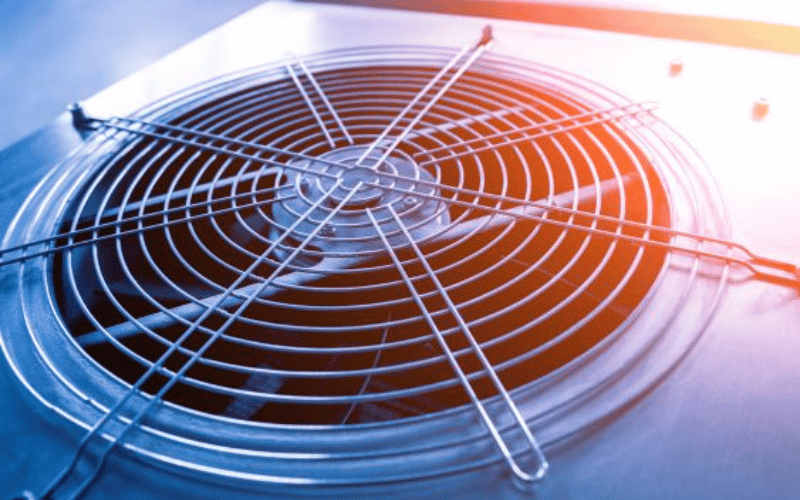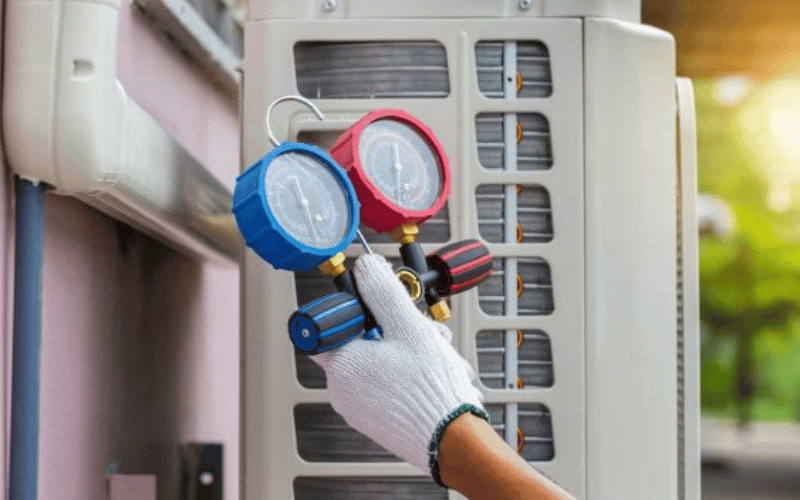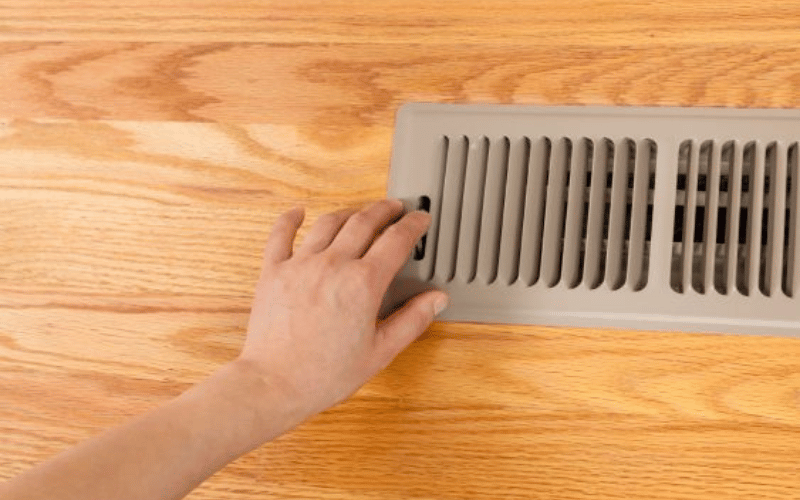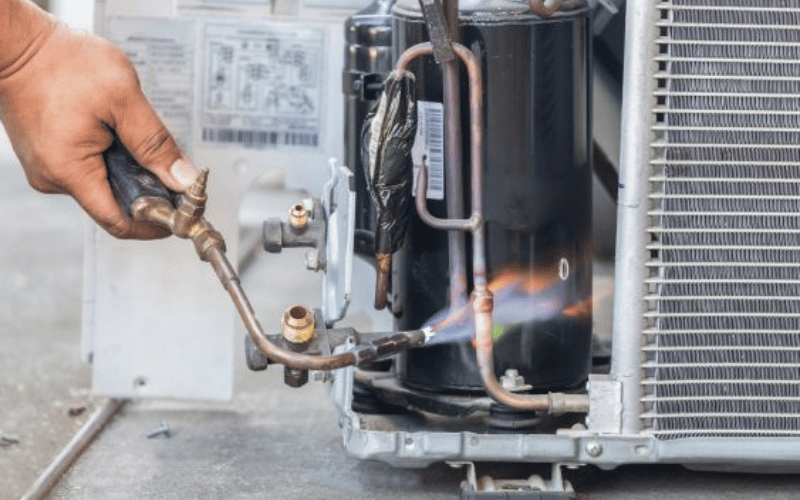Ultimate Guide to Extending the Life of Your Heating & Cooling Units
def8a774-5794-414c-9c77-d1692c15de7e.png?sfvrsn=409e9d3e_3)
Blog sponsored by Maryland Heating & Air.
Few aspects of household maintenance are more important than ensuring that your heating and conditioning units function correctly for a long time. The optimal functioning of these systems is critical in ensuring your comfort and creating a cozy living
space. On the other hand, HVAC (Heating, Ventilation, and Air Conditioning) systems can deteriorate prematurely, requiring expensive repairs or replacements when neglected. To prevent avoidable costs and guarantee peak performance from your HVAC systems,
we have compiled the definitive guide to extending their lifespan.

Understanding Your HVAC System
Before discussing maintenance advice, it is vital to have a fundamental understanding of the HVAC system's components. Generally, HVAC systems comprise a thermostat, ducting, vents, an air conditioner (for cooling), and a furnace (for heating). These elements regulate the indoor environment's temperature and oxygen quality in concert.
Routine Maintenance Inspections
The key to extending the life of your heating and conditioning units is to perform routine maintenance. The following is a checklist to assist you in the process:
1. Replace Air Filters Regularly
Clogged filters can obstruct airflow, increasing the workload of your HVAC system to maintain the desired temperature. This process diminishes efficiency and imposes unwarranted stress on the system. Depending on usage, replace disposable air filters every one to three months. For reusable filters, clean them according to the manufacturer's instructions.
2. Maintain Clean Outdoor Units
The accumulation of dirt, leaves, and debris on outdoor condenser units can impede airflow and diminish overall efficiency. Regularly clean and clear the area around the exterior of your outdoor unit. Ensure a minimum clearance of 2 feet is maintained
around the unit for optimal ventilation.

3. Schedule Professional Inspections
Although performing routine maintenance on your own is crucial, arranging annual or bi-annual inspections with a certified HVAC technician is equally important. A professional inspection can detect potential problems in their initial stages, preventing them from transforming into expensive repairs.
Optimize Thermostat Settings
Appropriate thermostat settings can have a significant impact on the longevity of an HVAC system. Take the following suggestions into account:
1. Invest in a Programmable Thermostat
A programmable thermostat allows you to set specific temperature levels for different times of the day, optimizing energy usage and reducing unnecessary strain on your HVAC system.

2. Maintain Consistent Temperatures
Ensure that the thermostat settings remain consistent to reduce significant temperature fluctuations. This will increase the longevity of your HVAC system and improve comfort and energy efficiency.
Ensure Proper Ventilation
Good ventilation is critical for ensuring your HVAC system operates at peak efficiency. The following steps will guarantee proper ventilation:
1. Clean and Inspect Air Ducts
Dust, mold, and debris can accumulate in air ducts over time, reducing efficiency and obstructing airflow. Have your ducts professionally cleaned every few years to guarantee optimal ventilation and air quality."

2. Insulate Ducts and Seal Leaks
Duct leaks can cause energy loss and stress on the HVAC system. Seal any leaks discovered in the ducting using duct sealant or metal tape.
Practice Energy-Efficient Habits
In addition to regular maintenance, adopting energy-efficient habits can further extend the life of your heating and cooling units, and here are some ways to do so:
1. Use Ceiling Fans
Ceiling fans can help distribute air more evenly throughout your home, reducing the workload on your HVAC system. During the summer, opt for a counterclockwise rotation on your ceiling fans to generate a cool breeze.
2. Employ Natural Ventilation Methods
During mild weather, maximize natural ventilation by opening windows and doors. This facilitates fresh air circulation throughout the home, diminishing the necessity for uninterrupted HVAC operation.

Conclusion
Your heating and cooling units are integral components of your home, and their proper maintenance is essential for longevity and efficiency. By adhering to the recommendations defined in this comprehensive guide, you can effectively prolong the lifespan of your HVAC system, minimize energy usage, and guarantee a comfortable indoor environment for years to come. Keep in mind that a small amount of care and attention today could prevent you from having to make expensive repairs tomorrow.
)


